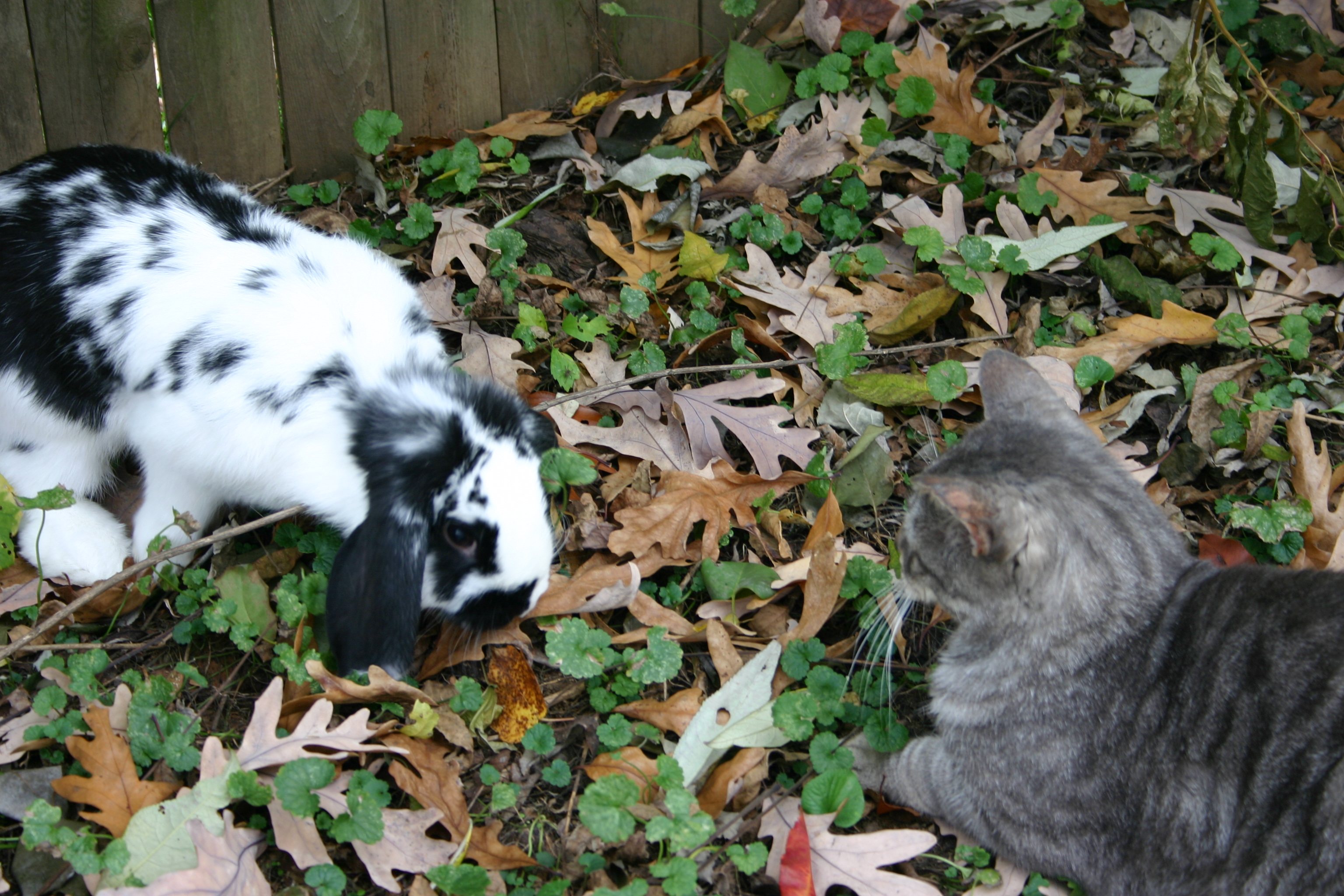When I was in fourth grade, my parents both had jobs—a novelty in Northern Maine during the late 1960s but start of a national trend. Dad worked as a supervisor at the food processing plant and mom was night manager at a local hotel/motel. Financially, those were good years, when both my parents generated income. My mother would later lose her position, after the elegant facility burned down under mysterious circumstances. But that’s another story.
Christmas Eve, when my three younger sisters and I could open one present, I hardly could contain my want. Actually, I couldn’t contain it. My parents had gone out to food shop, preparation for feast as part of a spectacularly planned Christmas Day. They could afford to spend more on us that year than ever. Quite excited were they to give to their kids.










